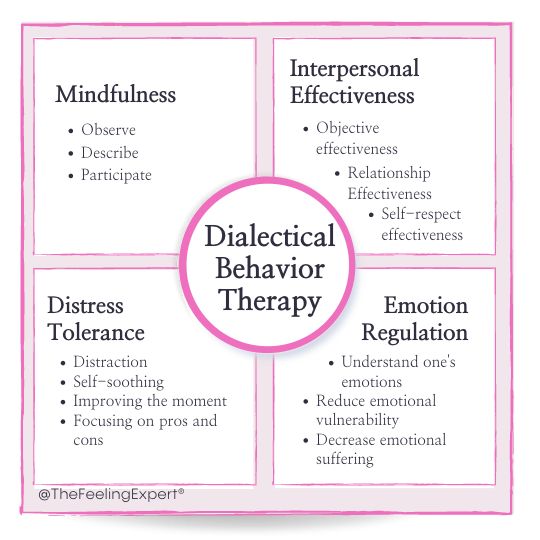Be Seen. Be heard. Be you.
The Feeling Expert®
Elyce Kiperman-Gordon, MS, LCMHC, NCC
(844) 226-4325
Elyce Kiperman-Gordon, MS, LCMHC, NCC
(844) 226-4325
The Feeling Expert is licensed to provide in-person, online video or phone holistic psychotherapy and mental health counseling throughout the state of Florida.
Sign up for tips and insights delivered straight to your inbox: Mindful Healing: Insights to Heal Your Past & Thrive. Get tips to help you as you heal from trauma, connect with your authentic self, and create balance in your daily life.







